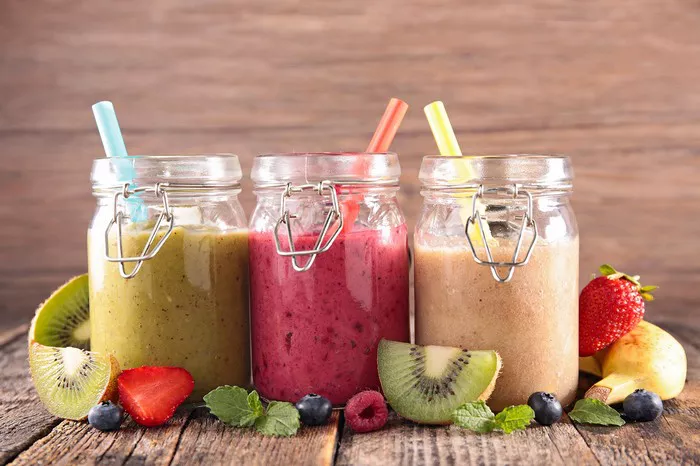The United Kingdom is grappling with the looming specter of food shortages and escalating prices as a result of extreme weather conditions exacerbated by climate breakdown.
Exceptionally heavy rainfall has thwarted farming efforts across many regions of the UK, leading to significant setbacks in planting essential crops like potatoes, wheat, and vegetables during the critical spring season. Those crops that have managed to be planted are suffering from poor quality, with some even succumbing to rot in waterlogged soil.
The relentless wet weather has also taken a toll on livestock, particularly evident in high mortality rates among lambs in the UK’s uplands, while dairy cows have been confined indoors due to saturated grazing lands, resulting in decreased milk production.
Agricultural authorities warn of heightened dependence on imports to offset domestic shortfalls. However, similarly adverse weather conditions in key European agricultural hubs such as France and Germany, coupled with drought in Morocco, pose challenges to international supply chains, potentially exacerbating food scarcity. Economists caution that this could trigger inflationary pressures, translating into higher prices at retail outlets.
Tom Bradshaw, President of the National Farmers’ Union, lamented the collapse of markets as farmers struggle to cope with the unforgiving environmental conditions. Bradshaw remarked, “We’re going to be importing a lot more product this year.”
Major retailers report a staggering 60% year-on-year increase in the wholesale price of potatoes due to extensive crop losses. Furthermore, the potato supply chain is under strain from a 10% reduction in planting area last year, with industry insiders anticipating a further 5% decline this year as farmers opt for less weather-dependent crops.
Jack Ward, CEO of the British Growers Association, expressed concerns over dwindling potato volumes, emphasizing the precarious financial situation faced by farmers amidst rising costs and the impacts of climate change. Ward cautioned, “We are not in a good position and it is 100% not sustainable.”
The repercussions extend beyond potatoes, with diminished supplies of carrots and parsnips further driving up prices. Martin Lines, CEO of the Nature Friendly Farming Network, warned of potential shortages in root vegetables and potatoes in the upcoming winter, as delayed planting and unfavorable conditions persist.
Guy Singh-Watson, founder of Riverford, a prominent organic vegetable box company, bemoaned the significant delays in planting, stating, “Some overgrown plants cannot wait any longer to go in the ground, and will have to be ditched.”
While importation may alleviate immediate shortages, European farmers are grappling with similar challenges, with adverse weather hampering winter crop development and spring planting.
Analysts highlight the vulnerability of food supply chains to climate change, citing Morocco’s significant contribution to UK produce, including nearly a third of tomatoes and over two-thirds of raspberries and Brussels sprouts.
Amber Sawyer, an analyst at the Energy and Climate Intelligence Unit, underscored the escalating threats posed by climate change to global food systems, stressing the urgent need for emission reduction measures.
Scientists caution that without decisive action to curb emissions and overhaul food systems, the current trajectory is unsustainable. Dr. Paul Behrens, an environmental change expert at Leiden University, emphasized the urgent need for emissions reduction and dietary shifts to build resilience in the face of impending food security crises.
As the UK grapples with immediate challenges, the broader implications of climate breakdown on food security underscore the pressing need for concerted global action.

























